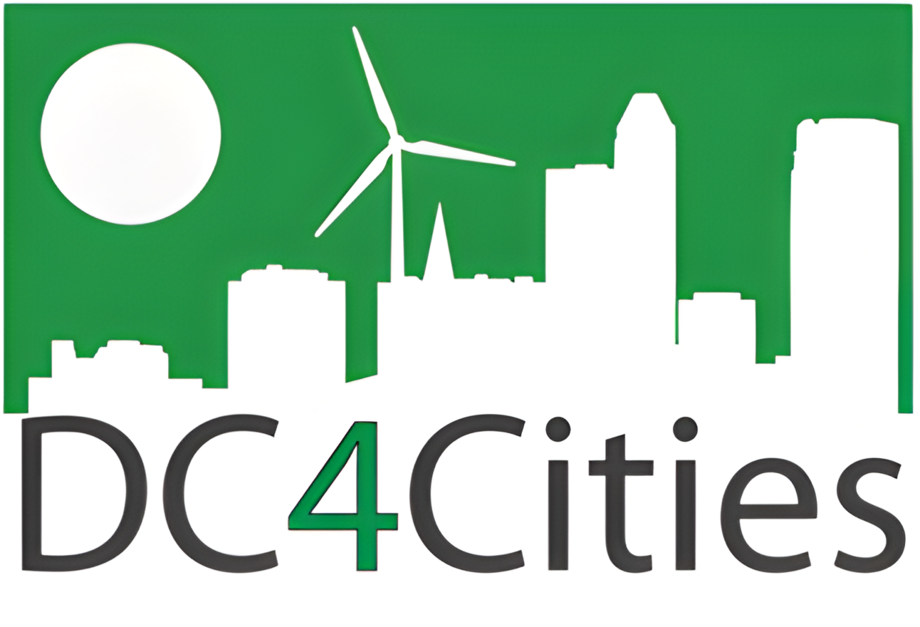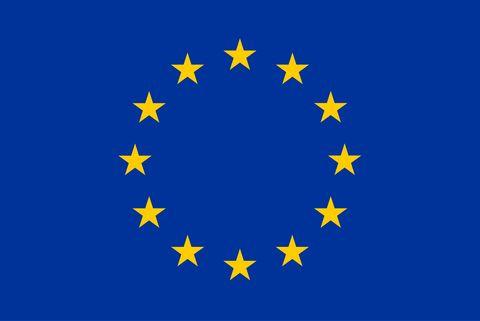
The research project DC4Cities will find the adequate actions to run a data centre so as to adapt to external energy constraints and consume the minimal energy, targeting the 80% usage of renewable energy sources. The goalof the project is to make existing and new data centres energy adaptive, without requiring any modification to the logistics, and without impacting the quality of the services provided to their users.
Data centres play two different and complementary roles in Smart Cities' energy policies: as ICT infrastructures supporting Smart City resource optimization systems - more in general, delivering ICT services to the citizens - and as large energy consumers. Therefore there are huge expectations on data centres being able to run at the highest levels of renewable energy sources: this is the great challenge of DC4Cities project.
DC4Cities will find the adequate actions to run a data centre so as to adapt to external energy constraints and consume the minimal energy, targeting the 80% usage of renewable energy sources. The goal of DC4Cities is to make existing and new data centres energy adaptive, without requiring any modification to the logistics, and without impacting the quality of the services provided to their users.
Finally new energy metrics, benchmarks, and measurement methodologies will be developed and proposed for the definition of new related standards. DC4Cities will promote the data centres role as an "eco-friendly" key player in the Smart Cities energy policies, and will foster the integration of a network of local renewable energy providers (also interconnected with local Smart Grids and Micro Grids) to support the pursued increase of renewable energy share.
| Principal Investigator(s) at the University | Prof. Dr. Hermann de Meer (Lehrstuhl für Informatik mit Schwerpunkt Rechnernetze und Rechnerkommunikation) |
|---|---|
| Project period | 01.09.2013 - 29.02.2016 |
| Source of funding |

Europäische Union (EU) > EU - 7. Forschungsrahmenprogramm (7. FRP)
|
| Projektnummer | 609304 |